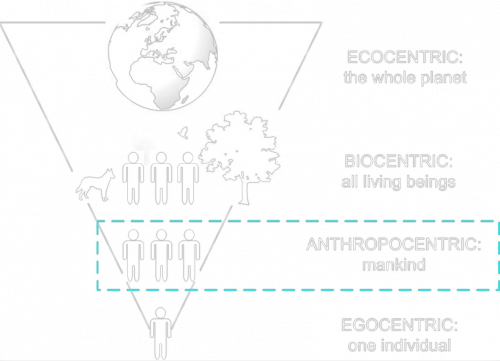The Research
The Earth Stories Collection initiative has its origins in an Education Sciences research that was carried out at the University of Granada, with substantial contributions from professors from the National University of Distance Learning in Spain (UNED) and the University of Edinburgh, in Scotland.
In this research (Grian A. Cutanda, 2016), the need for a change in the collective worldview of humanity was justified. This in order to overcome the serious civilisational crisis (a social and, above all, ecological crisis) which we currently find ourselves in. Based on developments in fields as diverse as pedagogy, psychology, history, systems dynamics, cybernetics, anthropology and philosophy, this research suggested the need for the development of a complex-systems worldview in humanity. This would be, according to it, the only way to go from the predatory anthropocentrism that has plunged us into this serious crisis into an ecocentrism in which the human being is one more thread in the fabric of life.
Resources
In the search for educational tools capable of transmitting this worldview in the fastest and most effective way, we resorted to myths, legends and traditional tales, described by many leaders of twentieth-century thought as the building blocks of all culture and civilisation.
In this research some 2,000 stories from around the Earth were surveyed, creating a first selection of 336 traditional stories that appeared to be strongly capable of conveying a complex-systems worldview and the values of the Earth Charter.

